New Lawsuit may reunite immigrant families separated by Trump policy
US-based immigrant rights groups are relying on a pending lawsuit in southern California city of San Diego in a bid to compel the Trump administration to reunite thousands of children separated from their immigrant parents detained at southern US borders for illegal entry into the country.
An attorney for the American Civil Liberties Union (ACLU) pleaded Friday with US District Court Judge Dana Sabraw in a telephone hearing to act swiftly to alleviate the harm being inflicted by the increasing family separations as the result of the administration’s so-called ‘zero-tolerance’ immigration policy aimed at charging all adults attempting to illegally cross the border.
“There are about 2,000 kids now who have been separated,” said the ACLU attorney, Lee Gelernt, in an emotional presentation at the hearing. “They are — range from little babies, less than a year old, to toddlers to young children and they are suffering immeasurably.”
“Every night, we are hearing stories about children going to sleep asking whether they’re ever going to see their parents again, clutching pictures of their parents,” Gelernt added. “It’s just become a complete mess with a thousand, over 2,000 people separated. Parents can’t find the children. … I think it’s, you know, a humanitarian crisis of the utmost proportion.”

He further called on the judge in charge of the case to act “tonight or over the weekend,” requiring administration officials to reunite all children younger than 5 within 10 days, and older children within 30 days.
“There is really an urgent need to set a timetable,” the ACLU lawyer insisted, pointing out that immigration officers “tell the parents, ‘We’re just taking the child for a bath,’ and the child is never seen again. … The situation is simply intolerable at this point.”
Judge Sabraw, however, hinted during the hearing that he would not rule on the matter until next Wednesday at the earliest, arguing that he had viewed many of the press reports about anguished parents separated from their children, and he did not feel comfortable ruling merely based on media stories.
According to local news reports, the judge ordered the phone hearing on Friday in response to US President Donald Trump’s executive order earlier in the week claiming to reverse the family-separation policy in favor of a new measure to arrest families accused of crossing the border illegally.

This is while a Justice Department attorney representing the case for the Trump administration, Sarah Fabian, could not provide much detail to the judge about how Trump’s new executive order purporting to halt family separation was being implemented.
“How is that going to work?” asked Judge Sabraw, inquiring whether the new plan would hold children along with their parents even as the parents face criminal prosecution.
“I’m not sure I can answer all of those questions today, Your Honor,” said Fabian. “I think some of the implementation questions are still underway, and I just don’t have the information to answer all of those questions. … I can’t speak to that today.”
The Friday hearing in the San Diego case was called amid uncertainty about legal challenges to the administration’s new family detention policy, if it moves forward.
The chief legal barrier for that policy is reportedly a decades-old consent decree that administration authorities say prevents the detention of children in immigration custody for more than 20 days, with rare exceptions. Trump’s order instructed the Justice Department to seek a change to that ruling.
Know their names: Palestinian athletes, scouts, coaches killed by Israel in Gaza
'It was not a strike': Iran FM dismisses Israeli weapons as 'children toys'
The struggles of Occupied Palestine
Saadi Day: Ayatollah Khamenei exalts great Persian poet
Iran’s Civil Defense examines country’s preparation for potential threats
FBI chief: Chinese hackers targeting critical US infrastructure
New York Times leaked memo on Gaza coverage reveals obfuscation of facts
VIDEO | Press TV's news headlines


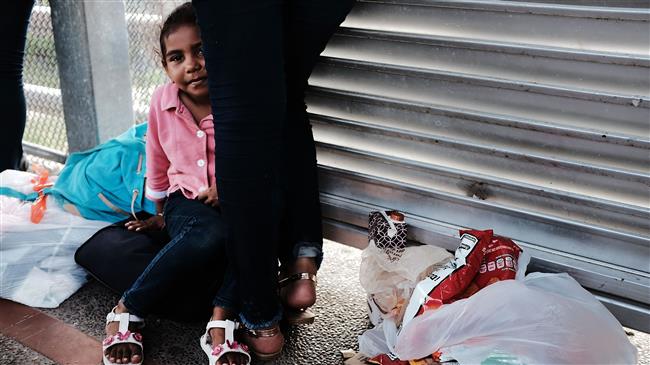

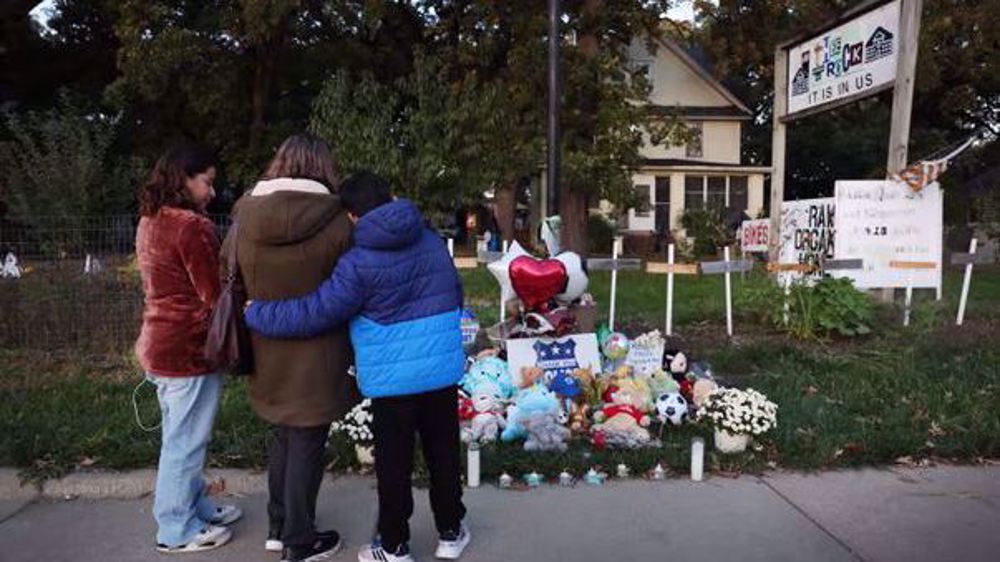
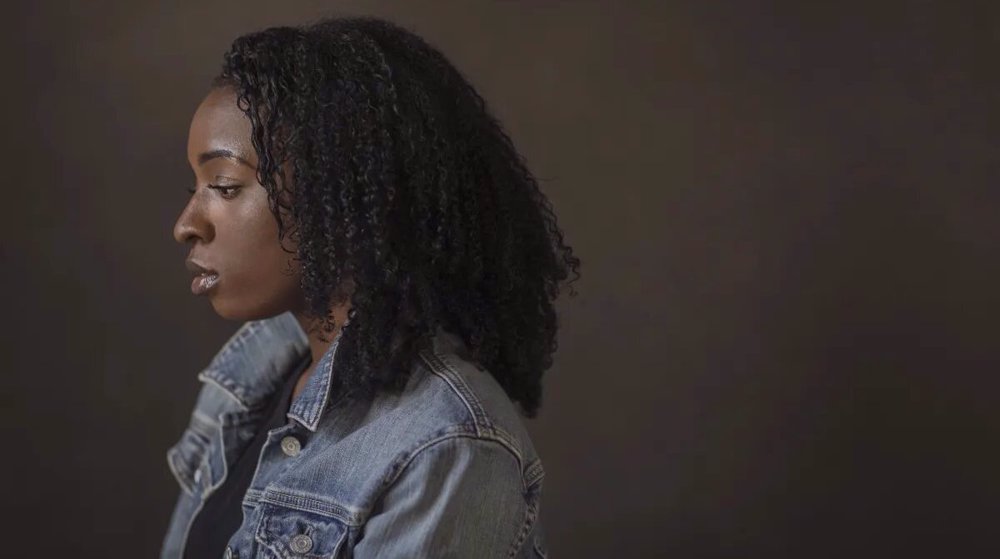



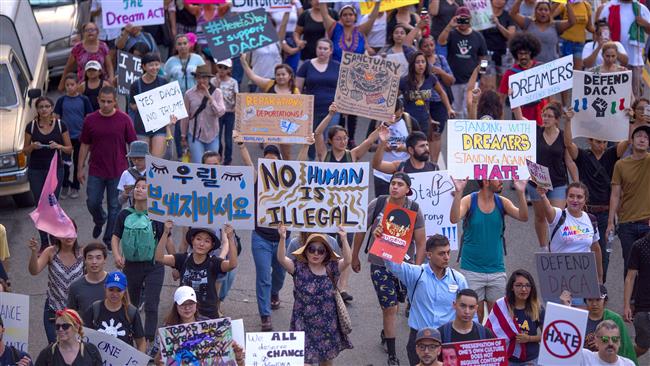
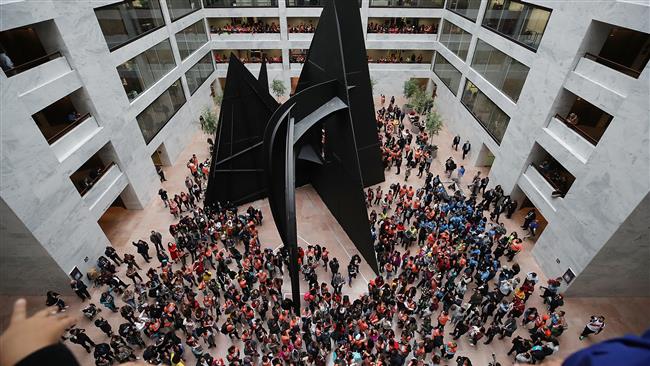


 This makes it easy to access the Press TV website
This makes it easy to access the Press TV website